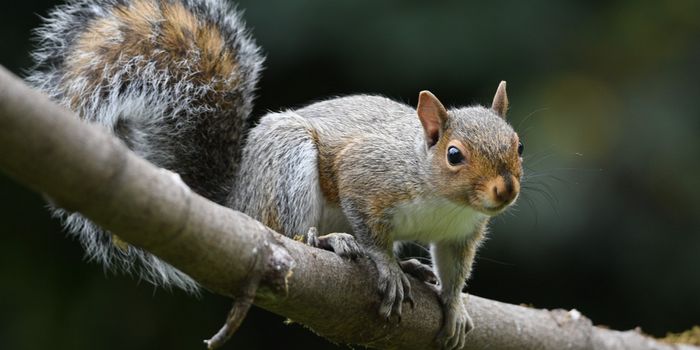Yellowhammer Birdsong Dialects Are Changing Between Britain and New Zealand
Both Britain and New Zealand are regions in the world where you’ll find yellowhammer birds. They were originally only from Britain, but were introduced to New Zealand approximately 150 years ago.
Image Credit: YvonneH/Pixabay
These birds have different dialects when they sing their songs, much like humans from diverse areas of the world have different accents and languages. That said, the yellowhammer birds from Britain always had a certain dialect that transferred to New Zealand when the few hundred birds were transported in the 1800’s.
Now, however, as reported by a Czech team of researchers in the journal Ecography, the unique dialect appears to be disappearing from Britain.
Directly correlating with this change, it would seem this very same dialect that’s disappearing from Britain can still be heard in New Zealand, which suggests the Britain-based population is undergoing some sort of change, while the New Zealand population remains a living memory of what the yellowhammer once was in Britain.
The researchers had civilians record birdsongs with their smartphones from both Britain and New Zealand, and then after going through all of the recordings, they were able to distinguish the yellowhammer birds from the others. More importantly, they noticed many differences in sound and dialect between yellowbirds that came from differing regions.
Interestingly, those from the non-native New Zealand lands had more diverse sounds than those from the native Britain lands. This was the exact opposite result from what the researchers were expecting to find.
“It was fascinating to have this unique opportunity to study yellowhammer dialects from native and introduced populations and how they have evolved over 150 years,” lead author Pavel Pipek from Charles University in Prague said.
“This phenomenon of lost birds’ dialect is an avian equivalent of what happens with human languages. For example, some English words, which are no longer spoken in Great Britain, are still in use in the former British colonies.”
As the birds appear to be declining in population in Britain, it seems as though this could be a leading reason for why more different birdsongs are heard in New Zealand now than Britain.
It seems that yellowhammer birdsong dialects can change just like English words can change in our very own languages over time. This is an important discovery in the world of birds, especially for the species at hand, as it helps us understand the evolution of their communication based on their region, and more importantly how the environment is changing the way a population lives.
Source: RSPB, The Guardian









